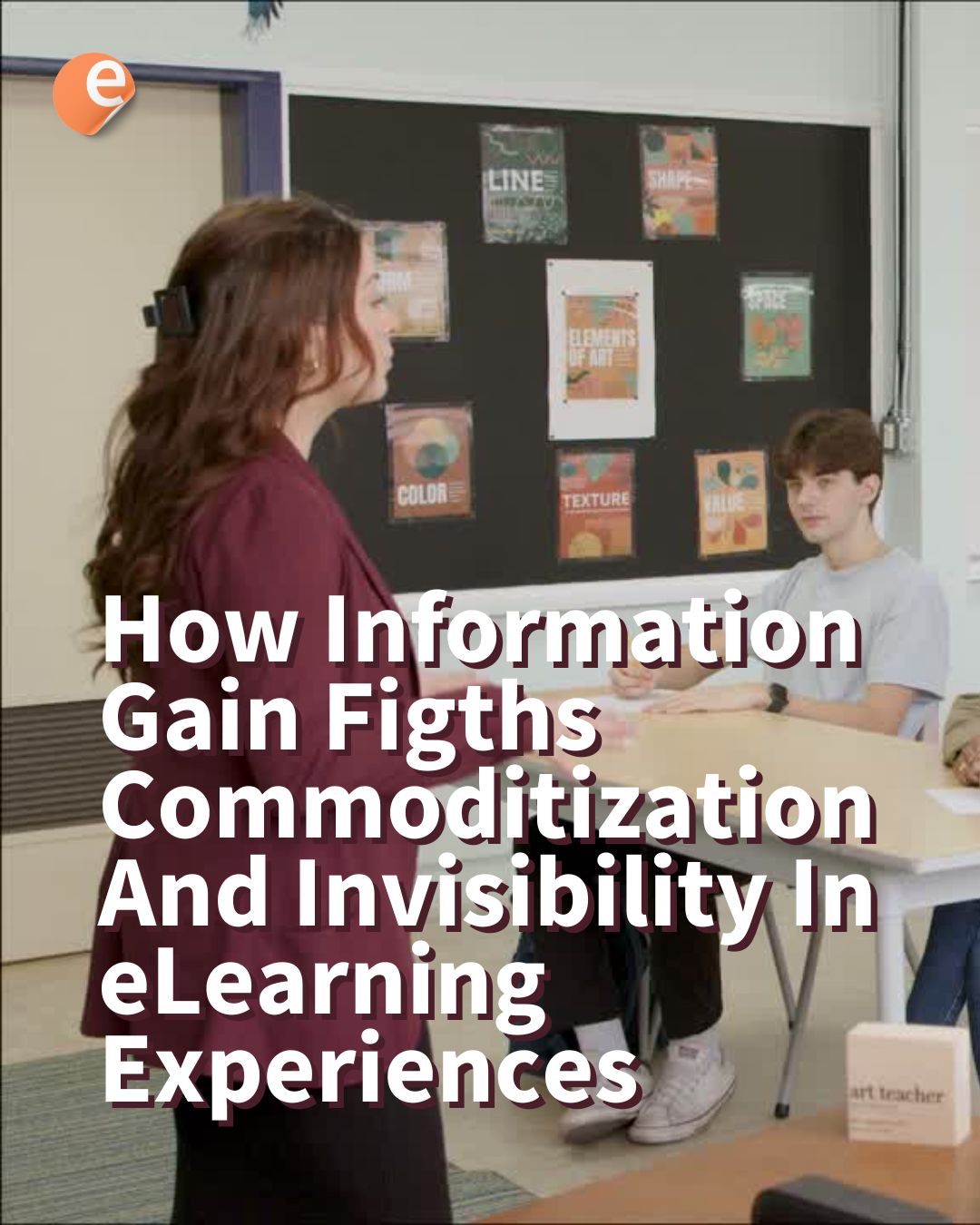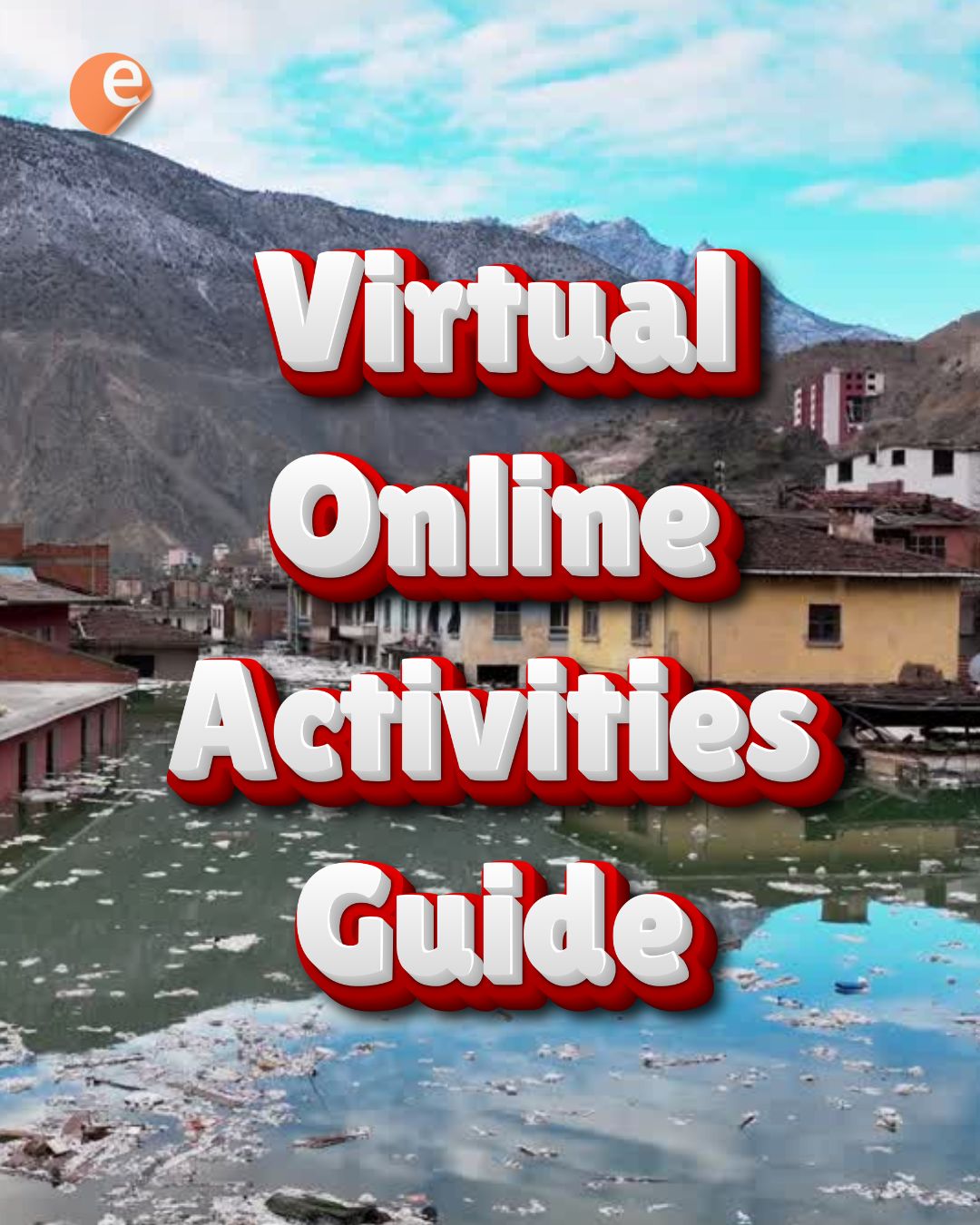Updated in July 17th, 2019. Important note: Mark Nelson, developer of the Certificate plugin, still the most popular Certificate type Moodle plugin, strongly advises to stop using as it will no longer continue to be updated. He continues to develop the Custom Certificate plugin which provides the same level of functionality without requiring FTP and PHP knowledge.
An LMS’s ability to generate quality certificates easy is a must have. Teachers and admins have the tendency to think of them as requirements, paperwork. But what if certificates were more than that?
From a user point of view, certificates might be seen as just another requirement. But as professional networks and learning experiences evolve, certificates become strategic assets that can more truthfully reflect acquired skills, performance and overall talent readiness.
And not least, from an entrepreneurial side of things, many innovators see digital certificates as a booming opportunity. Add the promise of decentralized verification (yes, the word “blockchain” is thrown here and there) and you have an explosive cocktail of high expectations and the potential for groundbreaking innovation.
Why use certificates in online learning?
Motivation is the energy that gives behavior direction and focus. We all know intuitively that intrinsic motivation is best, but extrinsic motivation can work too.
Certificates can be an important, visible element of e-learning that can motivate and reward people for the initiative they take to learn new skills. Properly implemented, they can be a key element of social learning, especially if it is the direct result of efforts made by students that their peers can easily see (and replicate).
Obtaining a certification should be a challenge. It should be aligned with important and valuable competencies that your organization cares about. Even thought there is a negligible cost to producing a certificate, issuing them indiscriminately will dilute their perception of value.
In order for a certificate to be a motivator, it must be a reference to true value, be it in general or in the context of an organization. In other words, a certificate must be credible. Certifications must be a clear gate of opportunity for those who have earned them, and ideally would be correlated with an increased level of trust on the part of the organization. Higher and harder to earn certificates should allow the corporate learner the right for more initiative, which is just another way to say that organizations must be able to take advantage of the higher skills in which they have invested.
Otherwise, a certificate is just a piece of paper.
Moodle Certificates
Out of the box, Moodle does not offer an option to reward students through a certificate. But if you know a little about Moodle, you will quickly see that this is the opposite of a drawback.
Over the last 15 years, the global Moodle community has contributed more than 1,380+ plugins, which caters to new features and requirements. The Moodle plugins directory boast quantity and quality in plugins of all types, with dozens of them focused on certificates alone. Every plugins has advantages and limitations.
We will cover three plugins, which you can use to create Moodle certificates:
- Certificate
- Simple Certificate
- Custom Certificate
Now, let’s discuss them one by one:
Certificate Plugin
The Certificate module creates PDF certificates/diplomas for students in a course. You can add borders, watermarks, seals, signatures, outcomes, grades, add custom text to a certificate via the settings menu.
Certificate module is among the top 10 most downloaded Moodle plugins in the last 3 months. The plugin is developed by Mark Nelson and is available for all recent Moodle versions.
Download – You can download the Certificates plugin from the Moodle plugins directory – https://moodle.org/plugins/mod_certificate.
The certificate module allows for the dynamic generation of certificates based on predefined conditions set by the teacher.
The Moodle certificates plugin provides many options like:
Issue Options:
- Email Teachers: To alert the teachers through email when students receive a certificate.
- Delivery Method – Choose here how you would like your students to get their certificate.
- Open in Browser: Opens the certificate in a new browser window.
- Force Download: Opens the browser file download window.
- Email Certificate: Choosing this option sends the certificate to the student as an email attachment.
After a user receives their certificate, if they click on the certificate link from the course homepage, they will see the date they received their certificate and will be able to review their received certificate.
- Save Certificate – Copy of each user’s certificate is saved in the Moodle server.
- Required Minutes in the course – Here you can specify the minimum time that a student must be logged in the course before they will be able to receive the certificate
Text Options:
- Print Date – The date to be printed on the certificate. You can choose to print the date based on when the activity was graded or the course completion date.
- Print Code – A unique 10 digit code of random letters and numbers will be printed on the certificate that is specific to a user and the certificate. This number can then be verified by comparing it to the code number displayed in the teacher View Issued Certificates report.
- Print Grade – You can choose to print either the total course grade, or the grade of a selected course activity of a user on the Certificate.
- Print Credit Hours – Enter the number of credit hours to be printed on the certificate.
Design Options:
All of the design options can be customized. This includes changing positions of the images or text, adding or changing images
- Certificate Type – The certificate type determines what and where things (if selected) will be printed. The Certificate activity comes with 2 paper sizes, with 2 font options
- A4 embedded (fonts)
- A4 non-embedded
- Letter embedded
- Letter non-embedded
- Orientation – Select either landscape or portrait
- Border Image – Select the border image that you want around the Certificate edges or select No border. By default there are two different border images each in 4 different colors.
- Watermark Image – A Watermark file can be placed in the background of a Certificate. A Watermark could be a specific logo, seal, crest etc. By default two Watermark Images are included.
- Signature Image – This option allows you to print a digital signature or print a line for a written signature on the Certificate.
- Seal or Logo Image – Select a seal or logo to print on the Certificate from a repository of options. By default five seal images and an example logo image are available.
Limitations/Disadvantage of Certificate Module:
Although the certificate module provides the dynamic generation of certificates but the customization of the certificates is pretty difficult task. You need to have technical knowledge like FTP and PHP skills to customize these certificates.
The other drawback is that the Plugin maintainer Mark Nelson has dropped this plugin for any new features. He is now focusing on adding new features and options to another popular certificate Moodle plugin – Custom Certificate.
Simple Certificate
Simple Certificate is another Moodle plugin by using which you don’t need to change any code to add a new certificate format, and site administrator don’t need to upload image files. The certificate text are full customizable, using special text tags that will be replaced by variables (like student name, course name, grade, etc.)
Simple Certificate plugin is also based on the Certificate plugin but simpler to use, no needs to change any code to add a new certificate format.
Simple Certificate provides many options like:
- Easy Uploading of Certificate Background Image
- Certificate Text with easily customizable tags from a range of user profile fields.
- Easily change the certificate width/height and the starting text position
- Back Page of the certificate with custom image and text.
- Printing QR code with verification URL.
The process to add a certificate is pretty simple and similar to the Certificate plugin.
The Simple certificate is developed by Carlos Alexandre Fonseca and is now supported for all supported Moodle versions.
Download – You can download the Simple Certificates plugin from the Moodle plugins directory – https://moodle.org/plugins/mod_simplecertificate
Custom Certificate
mod_customcert
By far, the easiest and most flexible Moodle certificate plugin. Custom certificates also allows you to create certificates without changing any code. It offers complete customization of the certificate right within the browser window.
The plugin is developed by Mark Nelson and is available for all currently supported Moodle versions. The Plugin is also a part of very few plugins appearing on MoodleCloud.
Download – You can download the Custom Certificate plugin from the Moodle plugins directory through – https://moodle.org/plugins/mod_customcert
In the site administration, the Custom Certificate plugin offers very few settings like:
- Show position X and Y – This will show the X and Y position when editing of an element, allowing the user to accurately specify the location. This isn’t required if you plan on solely using the drag and drop interface for this purpose.
- Manage templates – This link will take you to a new screen where you will be able to manage templates.
- Upload image – This link will take you to a new screen where you will be able to upload images. Images uploaded using this method will be available throughout your site to all users who are able to create a custom certificate
Adding your first certificate:
The custom certificate plugin once installed can be added just like any other activity in Moodle. Visit a course, turn editing on and click to add an activity.
The different options for the certificate configuration are:
- Allow anyone to verify a certificate – Each certificate when issued is assigned a unique code. It is possible to have this code displayed on the certificate by adding it as an element. To validate a certificate a person (eg. employer) may want to enter the code displayed on the certificate to confirm that it is indeed authentic. With this setting set to ‘Yes’ any person with the verification link (including users not logged in) can do this.
- Email students/teachers/others – These settings enable the emailing of a certificate when a user is able to view it.
- Required minutes in course – This is the number of minutes a user is required to be in a course before they are able to view a certificate. This uses the logs in Moodle and hence can not guarantee the result to be 100% accurate.
- Set protection – This determines what protection we want to set on the PDF like Print/Modify/Copy.
Once you have added the certificate activity, you can proceed to edit the certificate design. To do this, just click the Gear/Cog icon on the top right side and click “Edit Certificate”.
On the edit page, you will see the certificate dimensions and the margins. You will also see a list of different elements to add to the certificate.
The order of these elements decide when they are rendered on the PDF. So, if you were to add a background image you would want this rendered first. Each element defines what characteristics you can edit.
The elements (which are actually subplugins for the Custom Certificate plugin) which comes along with the Custom Certificate plugin are:
- Background Image – Provide a background image for the certificate.
- Border – A simple border for the certificate, you can define the color and width of the border.
- Category Name – Will print the course category
- Code – Will print a random 10 digit code on the certificate for better tracking and verification.
- Course Name – Will print the course name
- Date – Will print the date on the certificate. You can choose to print the course start date, course end date, issued date, completion date or any specific activity completion date.
- Digital Signature – Add a digital signature of the person issuing the certificate.
- Grade – Will print the grades obtained in the course.
- Grade Item Name – Will print the name of the activity for which the student has been assessed.
- Image – Upload and add an image to the certificate.
- Student Name – Will print the students name
- Teacher Name – Will print the teacher name
- Text – Enter any custom text
- User Field – Will print the selected user profile field.
- User Picture – Will print the user profile picture on the certificate.
You can also delete the issued certificates for each user on the course report page.
Viewing Certificates
As a teacher, you can view the issued certificates in your course by simply clicking on the certificate activity and click on the link ‘View X issued custom certificates’.
As a student, you can view all the certificates issued to you through User Profile under ‘Miscellaneous’ section. Click on ‘My certificates’ and it will take them to a page listing all their certificates with the option to download them.
Verifying Certificates:
With the setting ‘Allow anyone to verify a certificate’ enabled any person with the verification link (including users not logged in) can verify a certificate. However, if it is not set, a user with the proper permissions (‘mod/customcert:verifycertificate’) can do this by clicking on the certificate to gain access to the link.
Click the Gear/Cog icon and then click “Verify Certificate”. Enter the code to verify its authenticity.
Managing Templates:
Site Administrators can create site-wide templates that can be used by teachers to create a certificate to a course, saving them from re-creating the same certificate over and over again. To create a template visit ‘Site administration’ > ‘Plugins’ > ‘Custom certificate’ and click on the link ‘Manage templates’. To create a new template, click on “Create Template”.
The name is what will be displayed to the users when they are creating a certificate in a course and would like to choose a template to load. You can add elements to the template, customise them and rearrange their position.
Once you are done, you can save the template and the teachers can use these templates to create their certificates.
You can also duplicate site templates via the manage templates page. It is again a very handy feature to create different certificate templates for let’s say different course categories.
Conclusion:
All the Moodle plugins for generating the PDF certificate are well maintained and used on many sites. But the ease of use and customization options offered by the “Custom Certificate” plugin makes it a clear leader among all. You can customize the certificate right within your browser with precision. You can also manage multiple certificates through the Templates functionality offered by the Custom Certificate plugin.
Is there any other way to add certificates in Moodle? Which certificate plugin you are using in your Moodle? Do share with us in the comments below.








12 Responses
Is there a possibility to change the certificate number? We use a predetermined classification of the certificate number, for example: BE.2019.D.001 BE.2019.D.002 etcetera.
Kind regards, Guido
Is there a possibility to change the certificate number? We use a predetermined classification of the certificate number, for example: BE.2019.D.001 BE.2019.D.002 etcetera.
Pretty good post, Thank you.
Always humbled, and happy to help, Albert! Do let us know your further LMS and related informational needs. Cheers!
Thanks for sharing the information through the article.
Very Informative and useful, Keep it up the great work. Real Estate Litigation Attorney San Diego
Thanks for the Info.
Is it possible to change the size of the QR code image on the certificate.
Ours is 150mm horizontal x 210 mm vertical and this is too large.
I’ve tried changing these numbers but the image is always the same size.
Thanks in advance